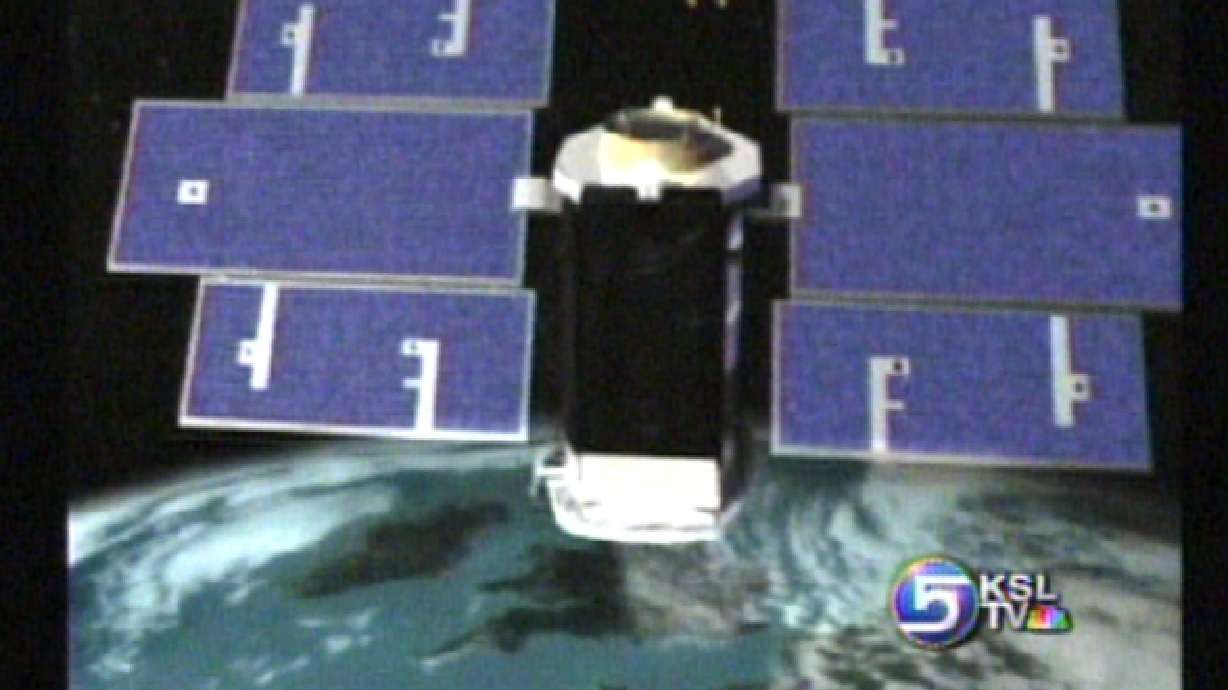Estimated read time: 2-3 minutes
This archived news story is available only for your personal, non-commercial use. Information in the story may be outdated or superseded by additional information. Reading or replaying the story in its archived form does not constitute a republication of the story.
Ed Yeates ReportingFor the first time, a new probe in space just might help scientists show how global warming will affect Utah. Are we going to get cooler and wetter or hotter and dryer?
If all goes well, a pair of satellites will be thrust into space from Vandenberg Air Force Base this Friday. One, called Cloudsat, will take the first real look, from top to bottom and inside clouds.
How the earth heats, how it cools, to a large degree, is controlled by clouds.

Gerald "Jay" Mace, University of Utah Meteorologist: "The models that we have right now that predict global warming, that predict climate change. One of the key uncertainties in those models is clouds."
University of Utah meteorologist Jay Mace is on his way to the launch as a member of the NASA science team. Cloudsat, along with Calypso, will orbit just 15 seconds apart from a constellation of other satellites observing the Earth. Information from these space birds over the next several years could help develop accurate models on how global warming might affect local spots around the globe.
Jay Mace: "We do know the climate is warming. There's no question about that. And to say Utah is going to come out of this unscathed or unchanged is probably not a reasonable thing to say."
More accurate models predicting what would happen in specific areas. As climate patterns shift, will we become wetter from a warmer atmosphere or will the sun blaze and dry up everything?
Either way..
Jay Mace: "A warming climate will produce more extreme events."
Mace says we may already have witnessed a climate shift last year in southern Utah that was more than just an El Ninjo effect.
While the US has cut back funding for future probes in the atmosphere, European countries are getting ready to launch a whole series of satellites to monitor global warming.









